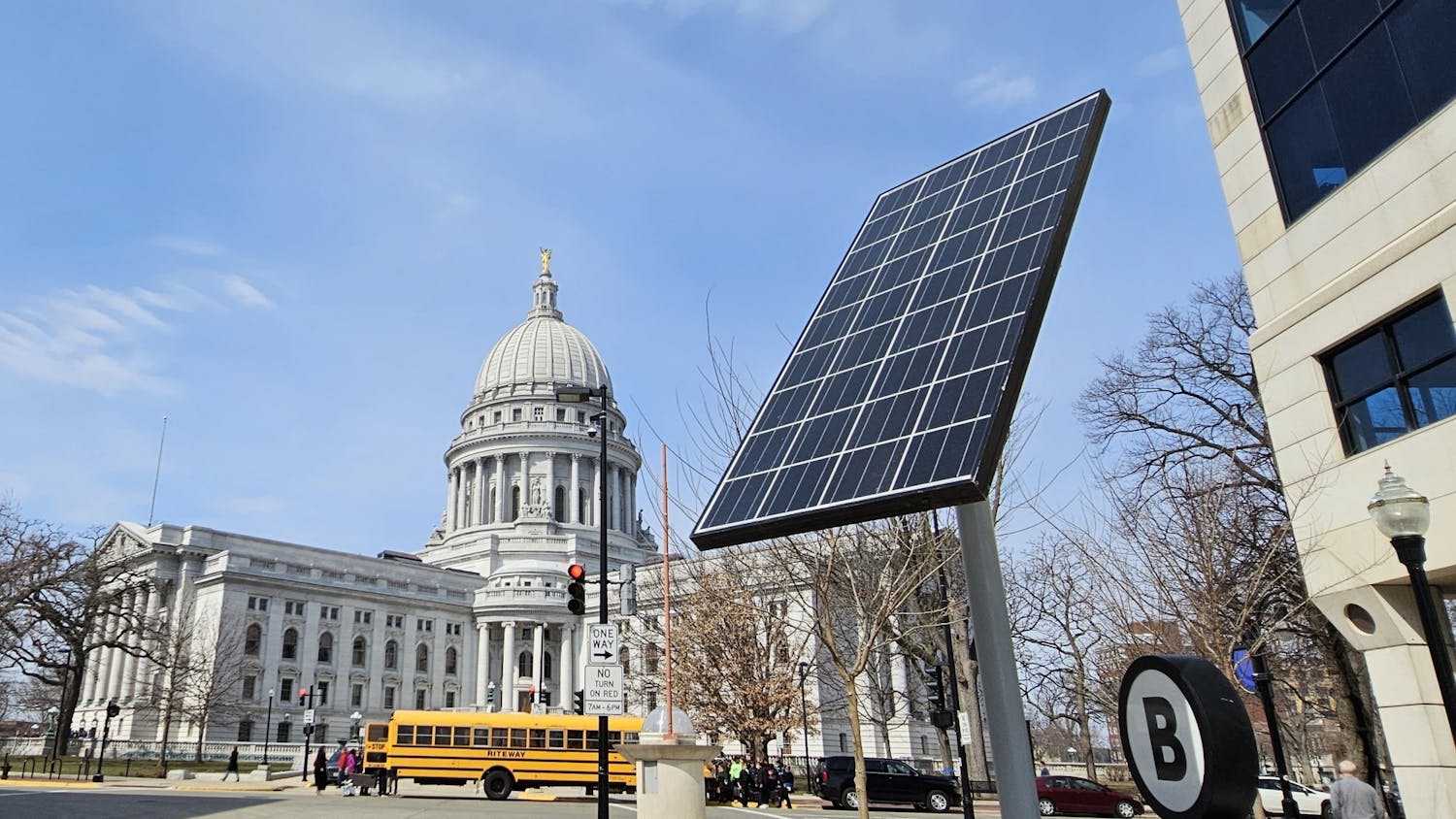In my last column, I argued that whatever apparent mistakes America's military had been making in its war against Iraq-mistakes such as sending units into the desert wearing deep-green \woodland"" fatigues or, as some had criticized, bringing too few troops to finish the job-were eclipsed by errors within the administration of a more subtle variety. These less apparent errors, I contended, involved the administration's overestimation of the degree to which America would be welcomed as liberators in Iraq.
With ""Operation Iraqi Freedom"" drawing to a close, most of my doubts, thankfully, seem to have been allayed. Although the reception of American troops by Iraqis in the first days of war was reportedly more chilly than military planners had expected, gratitude within Iraq seems to be growing now that the center of Saddam Hussein's regime has fallen. News reports showing jubilation in the Iraqi capital of Baghdad have been hard to miss and it would seem that soon there will be much to look forward to in Iraq's future. Most importantly, there will be the freedom for Iraqis which was, ostensibly, the most selfless aim of Washington's appropriately named military operation.
Nonetheless, liberating Iraqis from the yoke of tyranny wasn't our sole purpose. Indeed, now that our mission in Iraq is nearing completion, we must not forget what brought us there to begin with. Our nation's leaders deployed troops in Iraq at a cost of $79 billion for both war and reconstruction, in order to cease Hussein's development of weapons of mass destruction and make America safer. Let's not forget that, in the end, this was a pre-emptive strike against a perceived threat. Securing freedom for the people of Iraq has been a pleasant bonus.
Not to mention an expensive one. Granted, the military will need more time to search for the chemical and biological weapons we were so certain we'd find. But thus far, evidence of massive weapons programs whose supposed existence brought us into this war has been limited and circumstantial. At this point, no actual weapons have been uncovered.
Still, even if the search for weapons of mass destruction turns out to be a bust, we did get something for our $79 billion (even if it's not necessarily a safer America). Namely, a lot of oil wells, and freedom for the Iraqis who have lived without it for far too long.
Even so, I find myself wondering if we got our money's worth in Iraq. Subtracting the $3 billion which was appropriated for the rebuilding of that ravaged nation, the U.S. Congress gave President Bush $76 billion to make war. The liberation of Iraq is something to cheer about, but I wonder what else we could've spent that money on. Who else could we have liberated?
The tyranny of dictatorship isn't the only sort of tyranny, after all. Poverty, for instance, is a sort of tyranny-the tyranny of being disadvantaged by economic factors beyond one's control.
Sadly, much of the third world's poverty in recent years seems to have been exacerbated by international lending institutions such as the World Bank and International Monetary Fund, whose Structural Adjustment Programs often bleed funding from social welfare in client nations so that they may pay off their loans. Because poor nations' external debt to multilateral lending institutions often dwarfs their gross domestic product, some critics assert that debt payments have become a contributing factor in weakening third world economies and encouraging chronic poverty. Could $76 billion have helped free some of these nations from the tyranny of economics? You bet.
Using February 2003 data from the Organization for Economic Cooperation and Development's Web site, I made a short list of random countries whose debt to multilateral lending institutions we could have paid off, in full, instead of going to war with Iraq: Ecuador ($3 billion), Argentina ($32 billion), Ghana ($4 billion), Mexico ($17 billion), Morocco ($4 billion), Senegal ($2 billion), Sudan ($2 billion) and Tanzania ($3.5 billion). With the change left over, we could have generously thrown $8.5 billion Brazil's way (they're struggling with $28 billion in debt to international lending institutions).
I think we ended up doing some good in Iraq. But I'm not sure we got the most bang for our buck when it comes to securing the freedom of oppressed peoples. The question becomes: Could we have done better elsewhere?
I'm not at all convinced that we couldn't have. In my mind, then, the price of Iraqi freedom will not be eternal vigilance-it will be eternal doubt.





